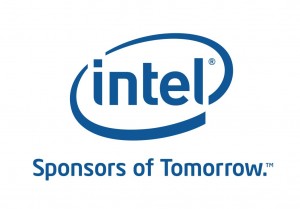Privacy Enhancing Technologies
Course Description
Huge volumes of data containing sensitive/private information are
being collected and stored by websites, sensors/monitoring systems,
auditing systems, and so on. Examples include electronic records in
health care systems and location information in ubiquitous computing
applications. How can we protect users' privacy and at the same time
enable effective sharing and utilization of the distributed data? How
can we ensure that cloud services do not misuse users' data or violate
privacy policies? And how can we provide desirable services to users
and protect their privacy even when the servers are untrusted?
The general theme of this course is to explore potential
techniques for building new platforms, services, and tools that protect
users' privacy. In particular, we emphasize
the technical and economic viability, as well as the usability of these
privacy technologies.
We will study promising component technologies ranging
from advances in secure systems research
(e.g., trusted computing, virtualization),
to theoretic tools like differential privacy and cryptography.
Topics intended for discussion include but are not limited to:
-- Attacks against privacy, including
de-anoymization/re-identification attacks, and side-channel attacks
-- Privacy of user data in the cloud
-- Privacy of user data on mobile devices
-- Trusted computing, code attestation and property attestation
-- Privacy-preserving data mining
-- Differential privacy, data anonymization and perturbation techniques
-- Privacy-preserving software systems and applications
-- Cryptographic techniques for privacy
-- Programming language techniques for privacy
Selected Slides
We gratefully acknowledge the generous support from Intel to develop this privacy curriculum.

